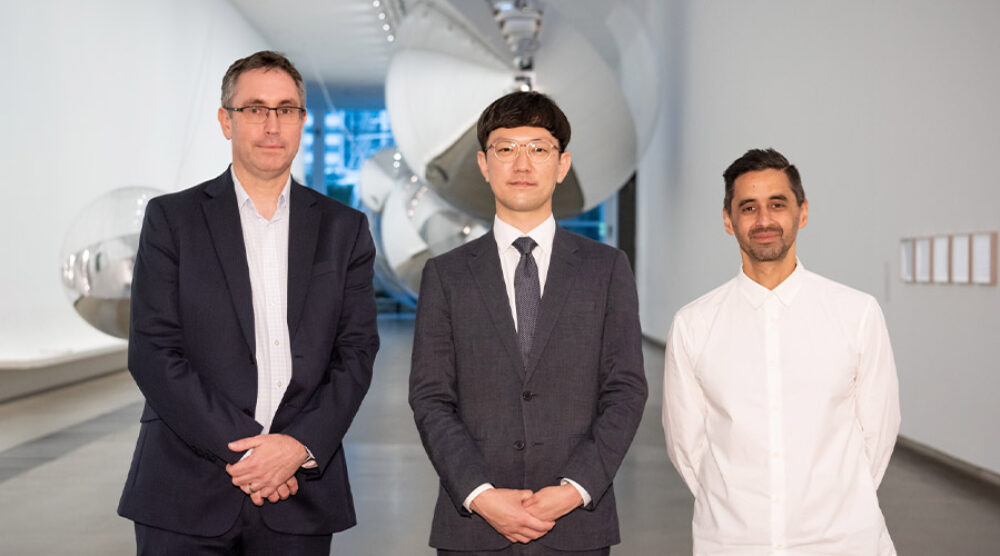PERSPECTIVES:ASIA | PETER K LEE |
In the evolving landscape of the Indo-Pacific, middle powers such as Australia are confronted with increasingly complex choices between the United States and China. This new Cold War presents unique challenges and opportunities, and Australia, once navigating a different geopolitical reality, now finds itself among a growing number of middle powers facing similar dilemmas.
At the Perspectives:Asia Lecture on 9 March 2023, Dr Peter K Lee delves into the dynamics of this shifting paradigm. As the Research Fellow in the Foreign Policy and Defence Program at the United States Studies Centre and a Korea Foundation Research Fellow at the University of Melbourne’s Asia Institute, Dr Lee brings extensive expertise in exploring security dynamics in the Indo-Pacific.
Unlike the previous Cold War, where Australia’s company was limited, today’s middle powers, including South Korea, share a common experience of negotiating with both the United States and China. Dr Lee examines the strategies employed by regional partners like South Korea to navigate this intricate geopolitical landscape, where great powers employ a mix of rewards and coercion to secure compliance.
A notable aspect of this new era is the collaborative potential among middle powers. Dr Lee discusses how these nations can not only survive but thrive by fostering closer cooperation. Insights from South Korea, which faces similar challenges, offer valuable lessons for middle powers seeking to safeguard their interests in an Asia characterised by contestation and multipolarity.
Dr Lee’s extensive background, with over a decade of experience at the Asan Institute for Policy Studies, positions him as a leading authority on alliance politics, US foreign policy, and regional cooperation. Drawing on his research, he explores the possibilities for middle powers to build alliances, navigate power dynamics, and create a resilient strategy in the face of great power competition.
In his lecture, Dr Lee emphasises the importance of middle powers not just as recipients of influence but as active participants in shaping the geopolitical landscape. By learning from each other’s experiences and fostering collaboration, middle powers can play a pivotal role in defining their trajectory in this era of great power competition.
This Perspectives:Asia lecture was presented by the Griffith Asia Institute, Griffith University, the Australian Centre of Asia-Pacific Art (ACAPA) at QAGOMA and Griffith Review.
Previous Perspectives:Asia seminars are also available online.
Photo gallery






Images: Chloë Callistemon








